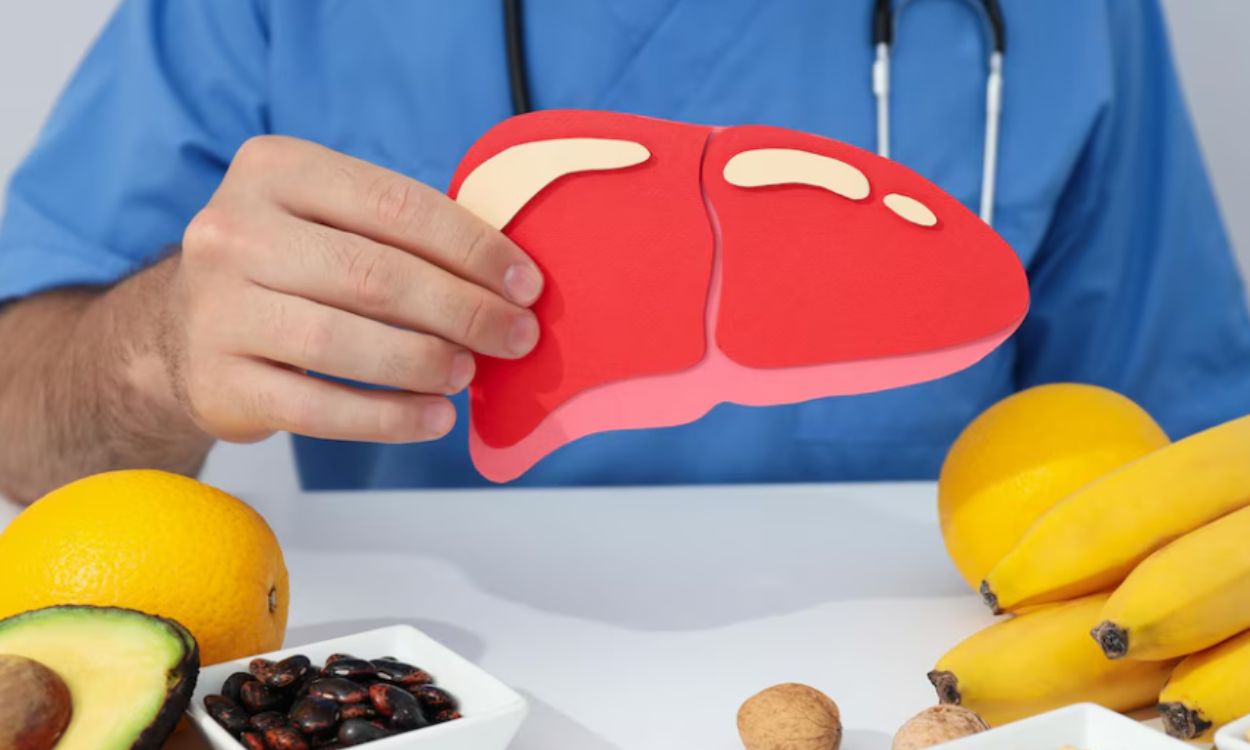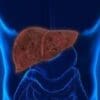Unlocking the Power of Diet in Managing Fatty Liver Disease
Fatty liver disease, a condition characterized by excessive fat build-up in the liver, affects a significant portion of the global population. In India, with its diverse culinary traditions and increasing urban lifestyle, managing this condition through diet is both a challenge and an opportunity. A strategic dietary approach can effectively slow down or even reverse liver damage, making it an essential component of managing fatty liver disease.
Understanding Fatty Liver Disease
Fatty liver disease is often divided into two types: Alcoholic Fatty Liver Disease (AFLD) and Non-Alcoholic Fatty Liver Disease (NAFLD). NAFLD, in particular, is closely linked with obesity, diabetes, and high cholesterol, conditions that are prevalent in the Indian subcontinent. The liver, being a vital organ, plays a crucial role in processing nutrients, filtering toxins, and cholesterol management. When it becomes laden with fat, its functioning is impaired, leading to potential long-term health issues.
The Role of Diet in Managing Fatty Liver
1. Prioritize Plant-Based Nutrition: Incorporating a variety of fruits and vegetables into your daily meals can significantly benefit liver health. These foods are rich in antioxidants and fiber, which help in reducing liver inflammation.
2. Embrace Healthy Fats: Shift from saturated and trans fats to healthier fats like those found in nuts, seeds, olive oil, and avocados. Omega-3 fatty acids, found in flaxseeds and walnuts, can also play a role in reducing liver fat.
3. Whole Grains over Refined Carbs: Opt for whole grains such as brown rice, whole wheat, and millets. These not only provide essential nutrients but also help in maintaining a healthy weight, a vital aspect of managing NAFLD.
4. Limit Sugar and Processed Foods: High sugar intake can lead to fat accumulation in the liver. Reducing consumption of sugary drinks, sweets, and processed foods can make a significant difference.
5. Regular Protein Intake: Lean proteins such as legumes, tofu, and low-fat dairy can aid in repairing liver tissues. Proteins also help in managing appetite, thus supporting weight management.
6. Stay Hydrated: Plenty of water helps the liver function optimally, as it aids in detoxification processes.
7. Indian Spices and Herbs: Incorporate turmeric, ginger, and garlic into your diet. These have anti-inflammatory properties and support liver health.
Fitpaa and Your Journey to Liver Health
At Fitpaa, we understand the complexities of managing lifestyle conditions like fatty liver disease. Our AI-driven metabolism monitoring technology, combined with expert consultations, can tailor a personalized health plan just for you. The Fitpaa Capsule, our all-in-one solution, includes dietary guidelines, exercise routines, and behavioral therapy to ensure you achieve your health goals effectively.
With the Fitpaa app, you can easily track your dietary intake, monitor your progress, and receive real-time guidance to stay on track. Our team of nutritionists and fitness planners is committed to transforming your health journey with precision and care.
Embark on this transformative journey with Fitpaa and experience the power of a well-guided lifestyle change. Together, let’s make fatty liver disease a thing of the past. Download the Fitpaa app today and take the first step towards a healthier, happier you.









